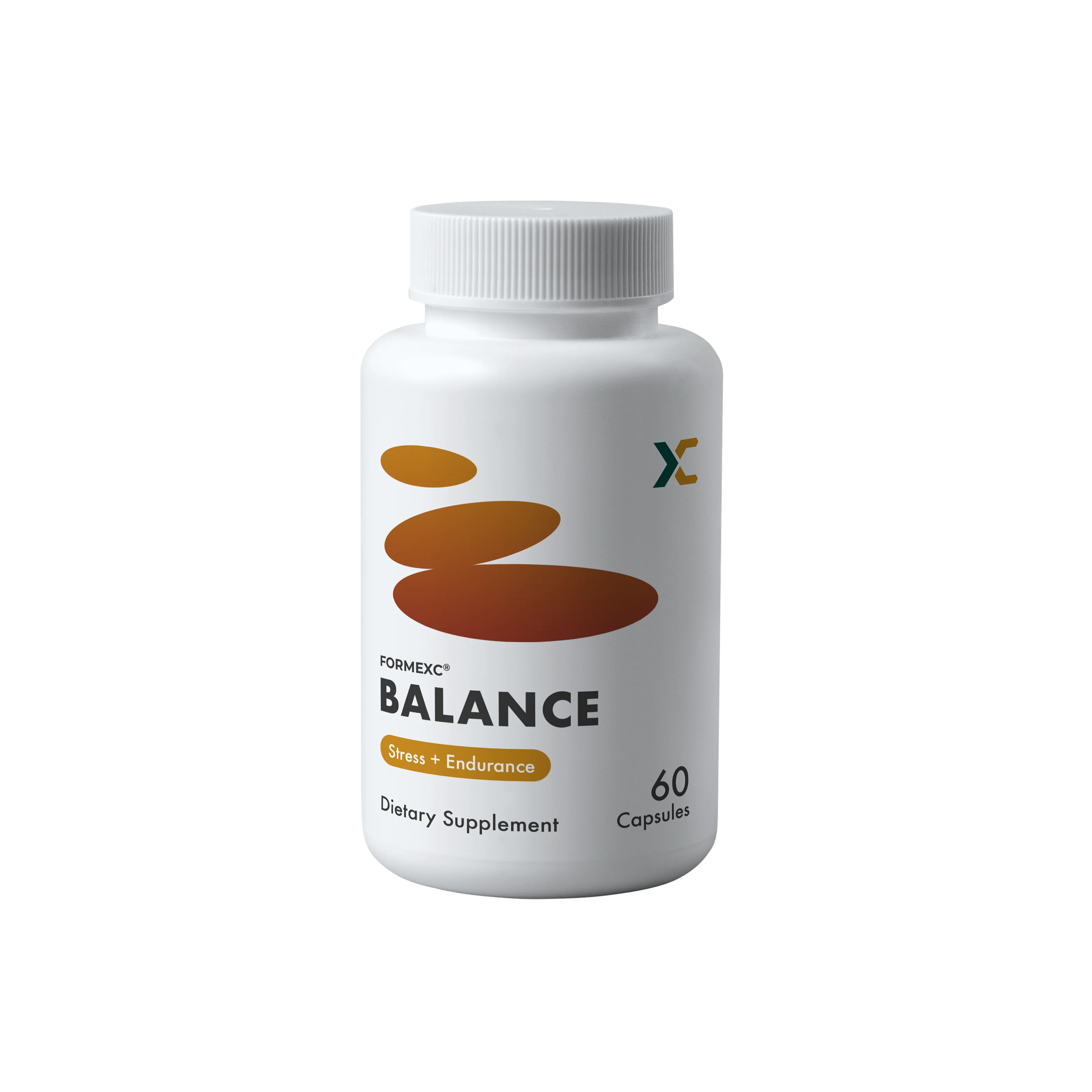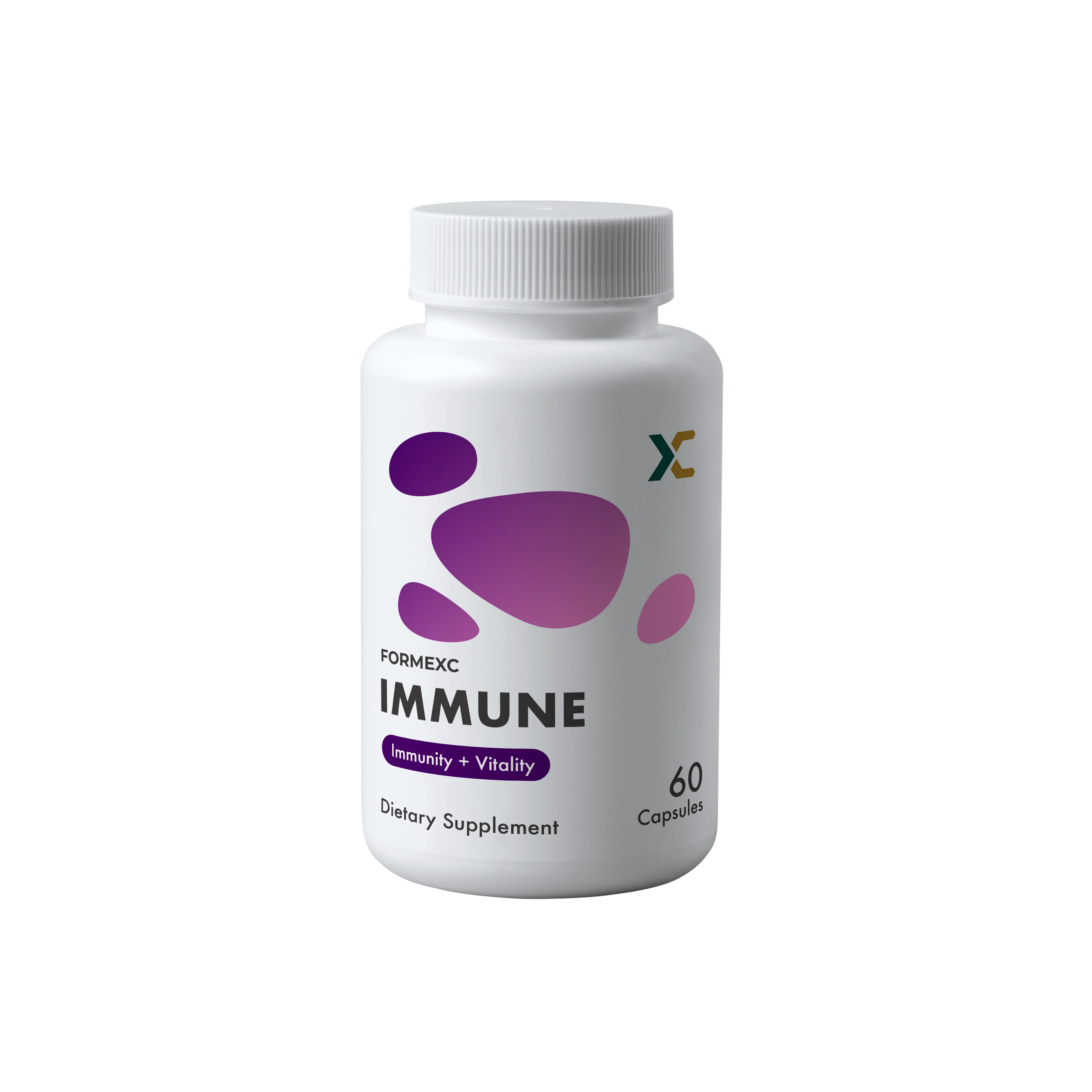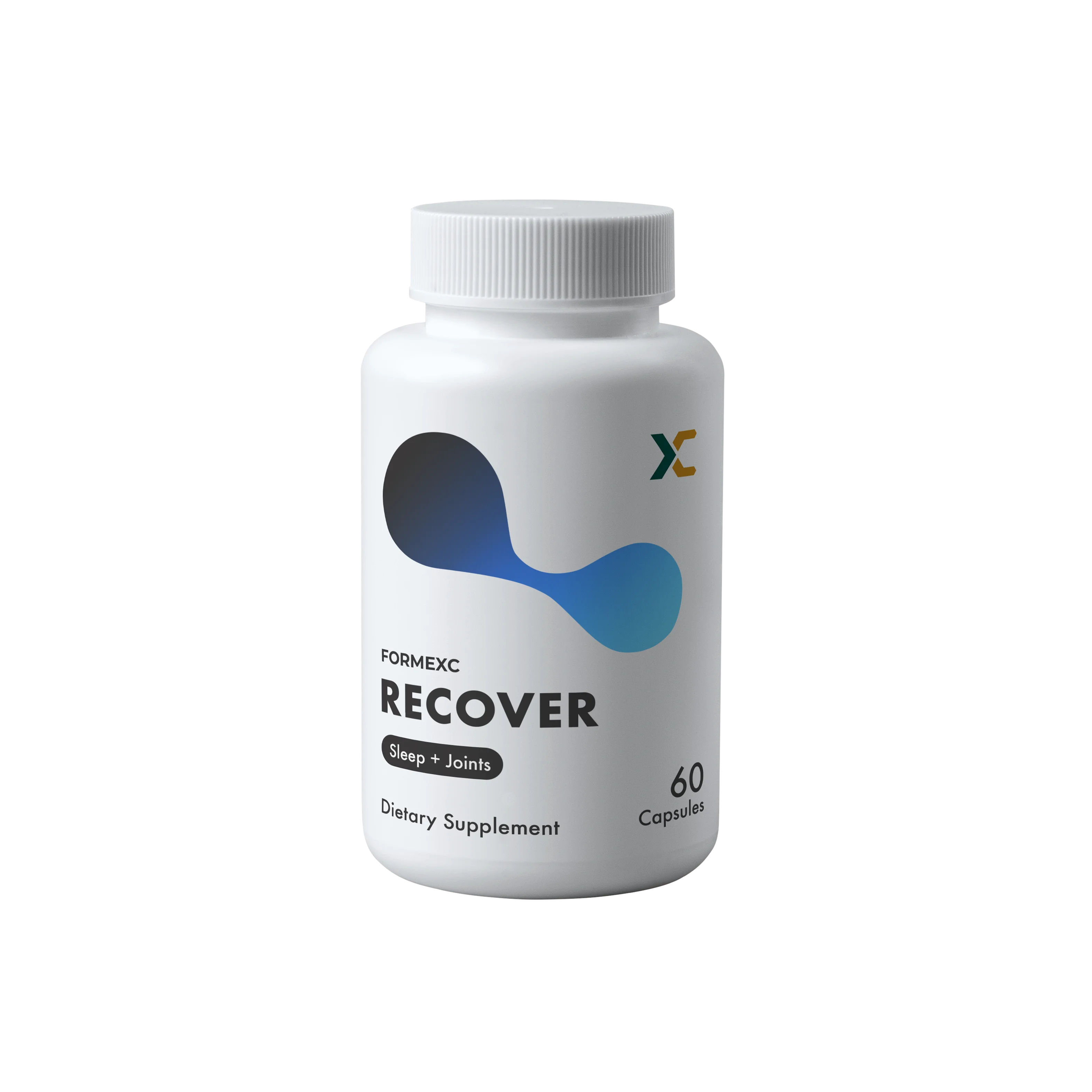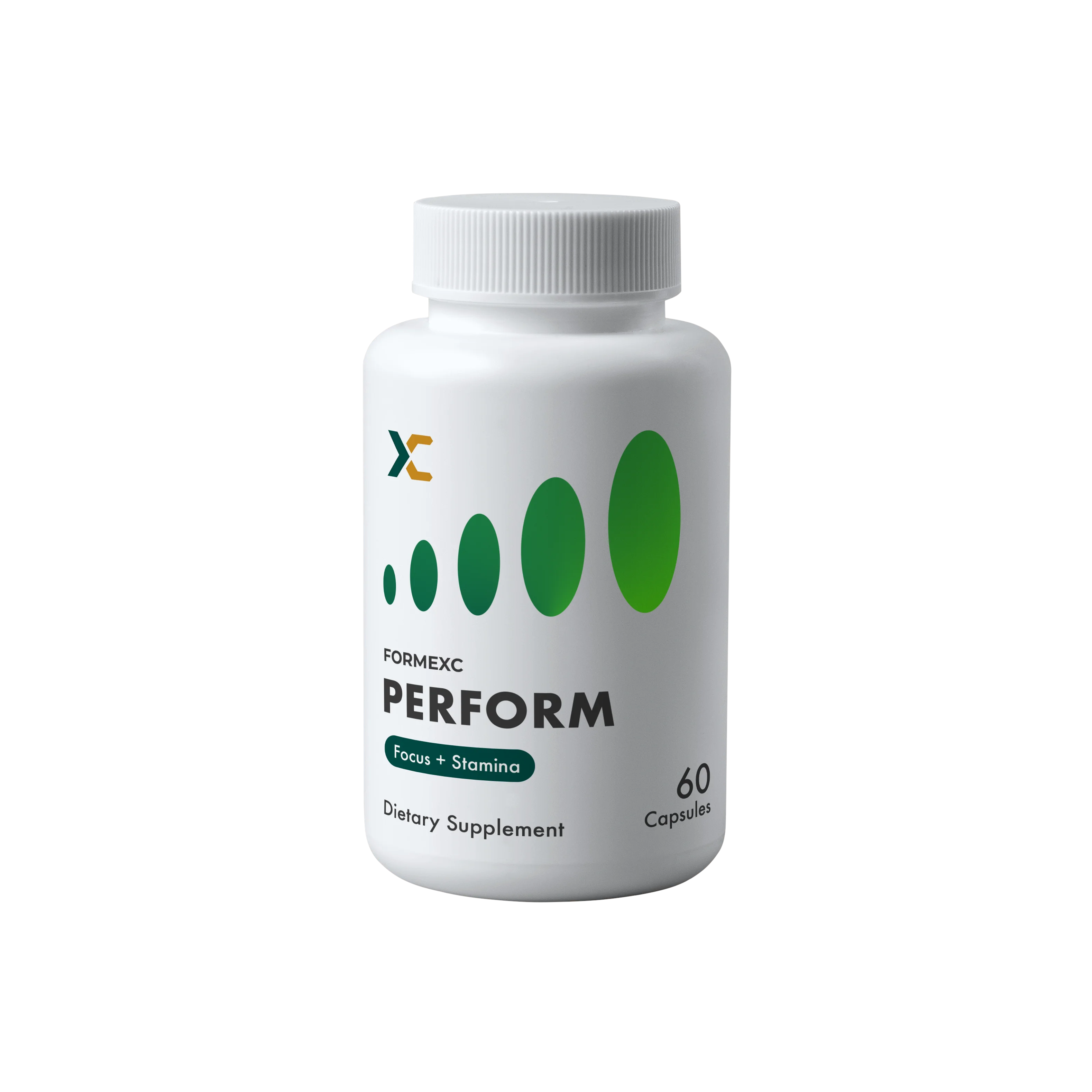DiCalcium Malate is a form of calcium that is easier absorbed than calcium carbonate and contains higher concentration of elemental calcium per gram than calcium citrate.
Generally, calcium is known for its importance in combating osteoporosis. Calcium is now thought to have a role in lowering blood pressure and preventing colon cancer. But modern diets are often severely lacking in calcium; many adults get only half the daily recommended quantities of the mineral.
An essential constituent of bones and teeth, calcium is also required for bodily functions such as blood clotting and muscle contraction. Eating enough calcium-rich foods may be difficult, but supplements can prevent the development of a deficiency.
Common uses
- Helps maintain healthy bones and teeth.
- Helps to prevent progressive bone loss and osteoporosis.
- Aids heart and muscle contraction, nerve impulses and blood clotting.
- May help to lower blood pressure in people with hupertension
- Helps ease indigestion.
Functions:
Most of the body's calcium is stored in the bones and teeth, where it provides structure and strength. The small amount circulating in the bloodstream helps to move nutrients across cell membranes and plays a role in producing the hormones and enzymes that regulate digestion and metabolism. Calcium is also needed for normal communication between nerve cells and for blood clotting, wound healing and muscle contraction. To have enough of the mineral available in the blood to perform vital functions, the body will steal it from the bones. Over time, too many calcium 'withdrawals' leave bones porous and fragile. Only an adequate daily calcium intake will maintain healthy levels in the blood - and provide enough extra for the bones to absorb as a reserve.
PREVENTION: Getting enough calcium throughout life is a central factor in preventing osteoporosis, the bone-thinning disease that leads to a higher risk of hip and vertebra fractures, spinal deformities and loss of height. The body is best equipped to absorb calcium and build up bone mass before the age of 35, but several studies have shown that even people aged over 65 can maintain bone density and reduce the risk of fractures by taking calcium supplements and eating calcium-rich foods.
ADDITIONAL BENEFITS: By limiting the irritating effects of bile acids in the colon, calcium may reduce the incidence of colon cancer.
Recommended Daily Intake:
In the UK the current recommended daily target of calcium, for both men and women, is 700 mg.
IF YOU GET TOO LITTLE: A prolonged calcium deficiency can lead to bone abnormalities, such as osteoporosis. Low levels of calcium in the blood can cause muscle spasms.
IF YOU GET TOO MUCH: A daily calcium intake as high as 2500 mg from a combination of food and supplements appears to be safe. However. taking calcium supplements may impair the body's ability to absorb zinc, iron and magnesium.
How to take it:
DOSAGE: Ensure that you get the recommended amount of 700 mg of elemental calcium a day from foods, supplements or both. When taking calcium, it may be advisable to take magnesium supplements as well.
TIP FOR USE: To enhance efficient absorption, split up your supplement dose so that you do not consume more than 600 mg of calcium at any one time. Always take the supplements with food. Supplements containing calcium malate are more easily absorbed by the body than those containing calcium carbonate or citrate.
Other sources
The most plentiful sources of calcium are dairy products, such as milk, yoghurt and cheese. Orange juice fortified with calcium malate, tinned salmon and sardines (eaten with the soft bones), broccoli and almonds are good non-dairy sources.
DID YOU KNOW?
Calcium cannot be absorbed without sufficient quantities of vitamin D! Therefore, in order to maximise calcium absorption you must have adequate levels of vitamin D and the best source of vitamin D is sunlight exposure.
FACTS &TIPS
- Avoid calcium supplements made from dolomite, oyster shells or bonemeal; they may contain high levels of lead.
- The body's ability to convert sunlight to vitamin D declines with age, so it is advisable to include 10 mg in your daily diet. This may mean taking a supplement, such as one containing both calcium and vitamin D.
- Your body can absorb only a fraction of the calcium in spinach. Spinach contains high levels of oxalates, which lock up the calcium and limit the amount available to the body. However, oxalates do not interfere with calcium absorption from other foods eaten at the same time.
Your success fuels our motivation.
Love,
Team Formexc 💚💛







